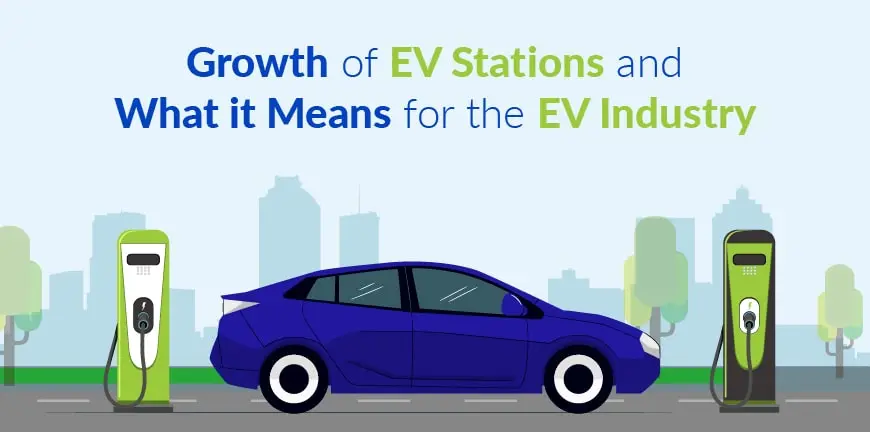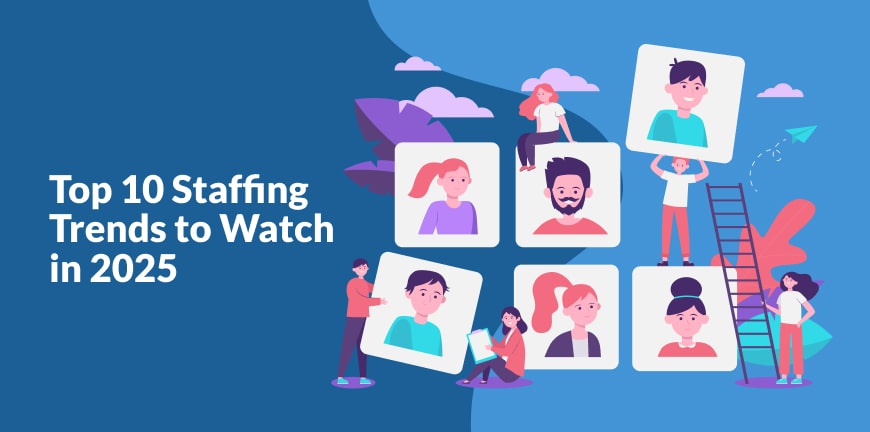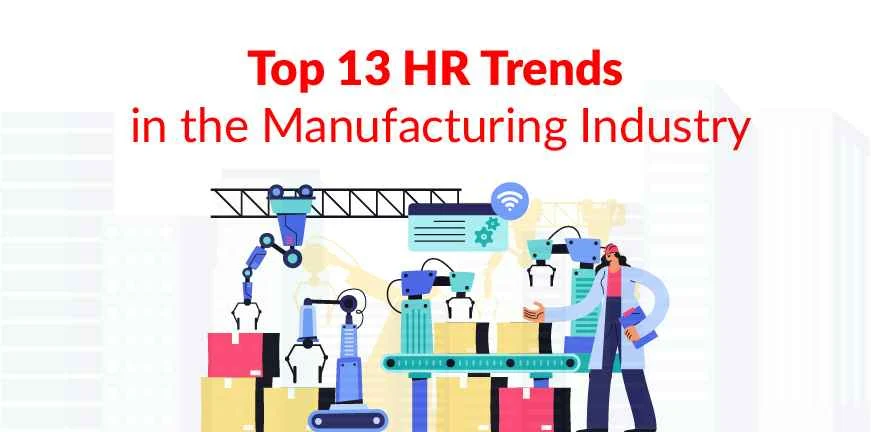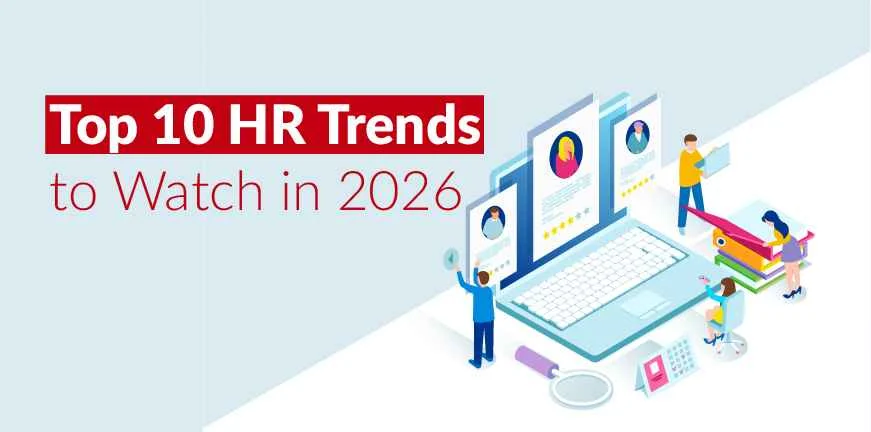
What Are Payroll Policies and Procedures?
21/09/2024
Growth of EV Stations and What it Means for the EV Industry
26/09/2024The staffing industry is entering 2025 with unprecedented momentum, shaped by rapid technological advancements, shifting workforce expectations, and global market pressures. Organizations are rethinking their hiring strategies to stay competitive in an increasingly digital and talent-driven world.
In 2025, companies can no longer rely solely on traditional hiring methods. Instead, they must innovate, adopt emerging technologies, and embrace flexible models of work to attract and retain the right talent. But with every trend comes a challenge—while organizations gain access to highly skilled professionals like AI developers, cybersecurity specialists, and cloud architects, the pool of such niche candidates remains limited, leading to longer hiring cycles.
Unemployment remains historically low, which is great for job seekers but makes it harder for employers to fill critical roles. According to Manpower, nearly 75% of employers are struggling with talent shortages, underlining the need for staffing agencies to leverage strong networks, advanced tools, and specialized knowledge to bridge the gap.
Here are the top 10 staffing trends shaping 2025 that every business and recruiter should keep an eye on:
1. Remote Work & Hybrid Models Become the Norm
Remote and hybrid work are no longer experiments—they are the standard. Companies will continue investing in collaboration tools, digital workspaces, and productivity platforms to ensure flexible work arrangements without compromising efficiency.
2. Gig Economy & Freelance Talent on the Rise
Organizations will increasingly tap into the gig workforce, sourcing skilled professionals across regions and industries. Non-traditional employees—including retirees, people with career gaps, and freelancers—will gain greater opportunities, helping companies stay agile and cost-efficient.
3. AI & Automation Transform Staffing
Artificial Intelligence is streamlining recruitment processes like never before. From sourcing and screening to virtual interviews, AI tools will reduce manual tasks, enabling HR teams to focus on strategic initiatives and improving candidate engagement.
4. Skills-Based Hiring & Reskilling Take Center Stage
Degrees are becoming less relevant—skills now matter most. In 2025, employers will prioritize candidates with the right technical and soft skills. At the same time, companies will invest heavily in upskilling and reskilling programs to prepare their workforce for emerging technologies and evolving job roles.
5. Data-Driven Talent Decisions
Data analytics will play a crucial role in recruitment, offering insights into candidate pipelines, sourcing strategies, and employee performance. Staffing agencies and employers will increasingly rely on analytics to make smarter, faster, and more effective hiring decisions.
6. Diversity, Equity & Inclusion (DEI) as a Core Priority
Companies will strengthen their DEI strategies by ensuring unbiased job postings, diverse interview panels, and equitable hiring practices. A diverse and inclusive workforce is no longer just an HR goal—it’s a business imperative for innovation and growth.
7. Employee Well-Being & Satisfaction Take Priority
Employee happiness directly impacts organizational success. Employers will implement flexible schedules, wellness programs, and mental health support initiatives to ensure employees feel valued and motivated in 2025’s competitive talent market.
8. Employer Branding & Candidate Experience Become Critical
With talent shortages intensifying, employer reputation will be a key differentiator. Companies will focus on showcasing their values, culture, and career opportunities while ensuring candidates experience smooth, transparent, and engaging recruitment journeys.
9. Virtual Onboarding & Collaboration Expand
Virtual onboarding will evolve into a seamless, engaging process supported by advanced platforms and collaboration tools. From day one, employees will be integrated into digital workspaces that foster teamwork, learning, and belonging.
10. Sustainable Staffing Practices Gain Ground
Ethical and environmentally conscious hiring practices will shape 2025 staffing strategies. Younger generations, in particular, will prefer employers that align with their values on sustainability, social impact, and corporate responsibility.
Final Thoughts: Preparing for the Future of Staffing in 2025
As 2025 unfolds, the staffing industry is moving toward a more flexible, tech-driven, and inclusive future. For organizations, success will depend on their ability to embrace these trends while balancing challenges such as talent shortages and shifting workforce expectations.
By staying ahead of the curve—adopting AI, fostering employee well-being, promoting DEI, and building sustainable practices—companies can secure the best talent and thrive in the evolving world of work.



